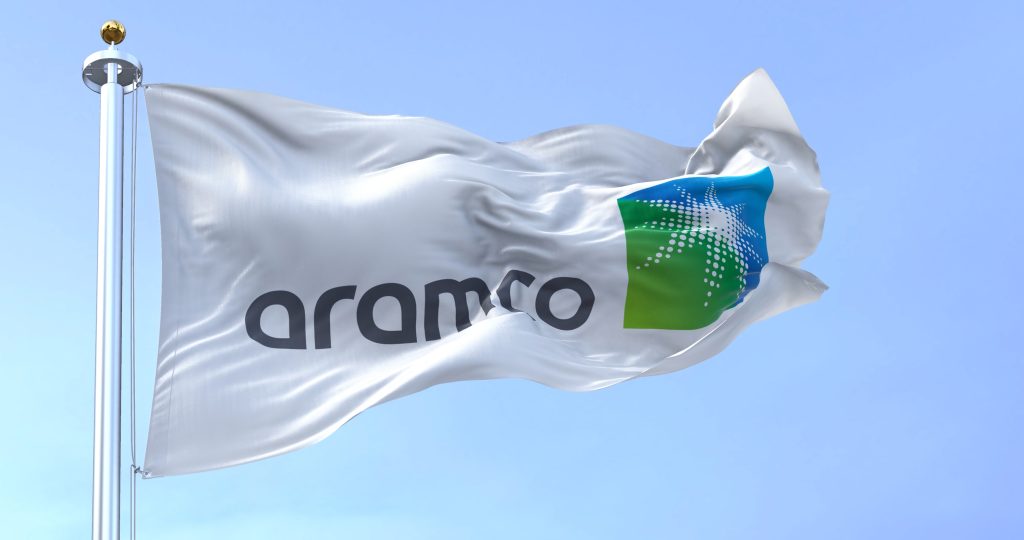In a strategic move, Aramco Ventures, an affiliate of the globe’s preeminent oil producer Saudi Aramco, has disclosed a significant investment in the Chinese health tech sector. The venture arm will channel 100 million yuan, equivalent to approximately US$14 million, into Shenzhen Cispoly Bio-Tec, a pioneering enterprise specializing in diagnostic technologies. This financial endorsement is a testament to the company’s aspirations to propel the startup’s international growth.
The investment was made through Prosperity7 Ventures, also referred to as P7, which derives its name from ‘Prosperity Well’—the historic seventh well that struck oil in Saudi Arabia. The Series B funding round also witnessed participation from Sunland Fund, an early investor in Cispoly. This marks a continuation of their commitment to the burgeoning firm.
Executive Managing Director of P7, Aysar Tayeb, highlighted Cispoly’s impressive accomplishments in the realm of early disease detection. Tayeb expressed anticipation for the company’s ongoing success as it aims to make strides in global markets and advance women’s healthcare on a wider scale.
Since its inception in 2020, Cispoly has concentrated on the early detection of gynecological tumors and is actively developing screening products for endometrial cancer. Their flagship product, Ciscer, received approval from China’s National Medical Products Administration in March, signifying a major regulatory achievement. Furthermore, it has gained recognition in mainland China’s official guidelines for cervical cancer treatment.
Liu Pei, the founder of Cispoly, stated that the new funding would bolster the company’s research and development initiatives and assist in expanding its reach within China and internationally. To date, the startup has initiated multiple research projects across China and is exploring expansion into Southeast Asia and Europe by partnering with premier medical institutions.
According to a report by HSBC, the untapped trade potential between China and the Middle East and North Africa region could reach a staggering US$178 billion by 2027. Saudi investors, in line with the Kingdom’s Vision 2030, are increasingly investing in Chinese tech firms to diversify their economy beyond oil.
A financial consultant from Shanghai noted the synergy between Middle Eastern capital and Chinese technological expertise, particularly in the medical and electric vehicle industries. They suggested that several similar deals are anticipated as China strengthens its economic ties with nations like Saudi Arabia.
Previous investments include Saudi Arabian smart city developer Neom’s US$100 million investment in Chinese autonomous driving tech firm Pony.ai and CYVN Holdings, supported by the Abu Dhabi Investment Authority, funneling US$2.2 billion into Chinese electric vehicle manufacturer Nio.
China’s ambitious Made in China 2025 industrial strategy aims for a significant increase in domestically produced medical devices by 2025, challenging the current market dominated by foreign entities like General Electric and Siemens.
